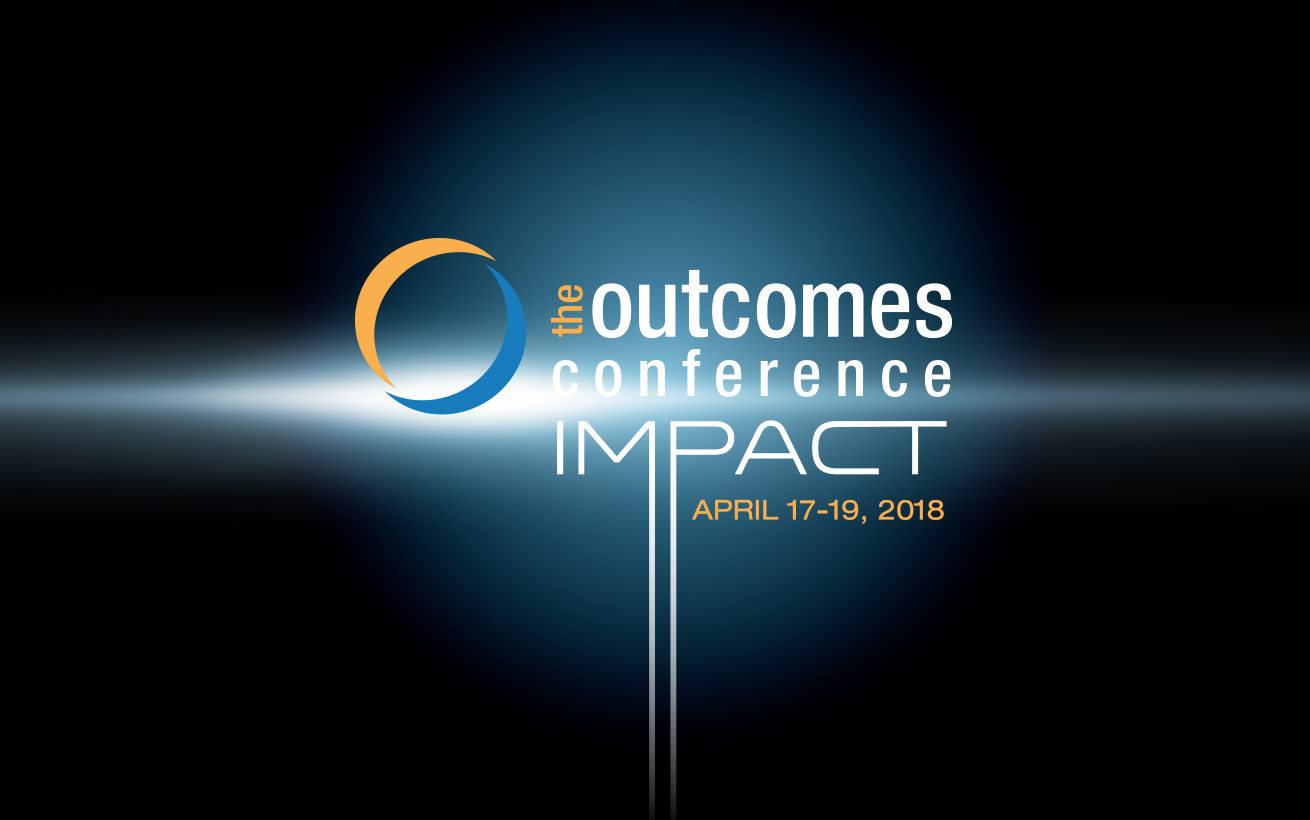
Crisis of Character By Dr. R. Bruce Bickel
 Overcoming a Crisis of Character
Overcoming a Crisis of Character
We’re at a crisis in our culture. It’s not a crisis of security, although that’s of prime importance to our citizenry. And it’s not a crisis of terrorism, although that’s an issue of concern for our world. The crisis that concerns me most is one that’s far more dangerous because it’s so subtle. It’s a crisis of character.
We’ve forgotten that leaders of character create organizations of character. We can either conform to society or transform it. To do the latter, we must begin to think differently about ourselves and those with whom we relate (Romans 12:2).
The Heart of Transformation
The basis of transformation must have its foundation in the realization that character precedes conduct, because who we are determines what we do (Matthew 7:17-18). And who we are is a function of how we think of ourselves in relationship to those with whom we work and serve (Philippians 3:2-4).
Our conduct results in consequences and consequences lead to feelings. Transformational leadership means how we think determines how we act, which in turn, determines how we feel (Ps 119:59). If we think right and act right, we’ll feel right. Feelings are the result, not the reason or motivation for our actions (Phil 4:8).
When we as a culture attempt to keep pace with the myriad of changes thrust upon us, the sense of stability is often sacrificed on the altar of pragmatism. “If it works” has become the battle cry of the aspiring, at the expense of the more historical American virtue: “Is it right?”
Understanding Morals Vs. Ethics
There’s still hope for us as a people, but it requires understanding the difference between morals and ethics. In our modern culture, there’s great confusion between the concepts of morals and ethics. Today the words are nearly synonymous, but historically there’s a vast difference. The word “morals” come from the Greek word mores, describing the shifting changes in society—literally it means ever changing.
In contrast, our word “ethics” comes from the Greek word ethos and describes the ideas of security and stability. Read early Greek literature and you’ll find the word used to describe a place one would go to for protection in the midst of a storm. Literally, the word means a “stall” for horses; hence a place of stability and permanence.
Ethics refer to a set of standards that are absolute and normative for the manner in which one can organize information to determine one’s obligations, responsibilities or duties. Ethics result in a set of imperatives that establishes acceptable behavior. Thus, it has come to imply the concept of a plumb line, the standard of rule by which all measurements are made in order to create uniformity and solidarity, hence an environment of stability and security. We need to be much more concerned about our ethics than our morality. One is stable; the other changes.
While morality is concerned with what people do, ethics is concerned with what people ought to do.
The Foundation of Character
What should be the basis for individual or corporate ethical decision-making? It may be helpful for us to understand the difference between temperament, personality and character. Temperament refers to the natural inclinations with which one is born. Personality is the expression of one’s temperament, and character is the quality of one’s personality. The first two cannot be changed, but we can modify, refine and build character.
Character, then, becomes the foundational ingredient for developing within any structure of human relationships an environment of stability and security. A character ethos or disposition becomes our plumb line.
The Influencing Process
Leadership, in its most basic sense, is influencing the behavior of people. Classically, management has been defined as influencing the behavior of people toward the accomplishment of a common goal. In recent years, theorists have combined the two, defining leadership in the broader sense as “the influencing process of both leaders and followers to achieve organizational objectives through change.”
While one may have a preference as to which concept to support, decision-making remains an untouched absolute. The most visible feature of one’s leadership practice is decision-making. Politicians are elected based on the anticipated decisions they’ll make once placed in office. Executives are selected and positioned in places of authority based upon a history of past decision-making that has benefited an organization and the anticipated continuation of such activity. The outcome of decision-making is the legacy of any leader.
If our nation is going to reestablish itself as a nation of character, our organizations’ leadership, and its employees’ service must be a reflection of their character as much as their skills.
How would you describe the character of your organization?
####
Dr. R. Bruce Bickel is the former Senior Vice President and Managing Director of the Private Foundation Management Services Group of Hawthorn, PNC Financial Services Group, and President, Transformational Leadership Group, a character-based leadership and management-consulting firm he established in 2000. This article is from the CLA article archives and is a CLA Higher Thinking Blog repost.
REFRESH!

Come and be refreshed at the Outcomes Conference 2018
Experience spaces created for you to slow down, reflect and seek God
Worship and pray with a community that shares the same purpose.
Receive personal encouragement and inspiration to keep on going.
Learn More at www.OutcomesConference.org

What is Christian Leadership Alliance?
Christian Leadership Alliance equips and unites leaders to transform the world for Christ. We are the leaders of Christ-centered organizations who are dedicated to faithful stewardship for greater kingdom impact.
Sign up for FREE blog updates.
Upcoming Events
Check back later!


